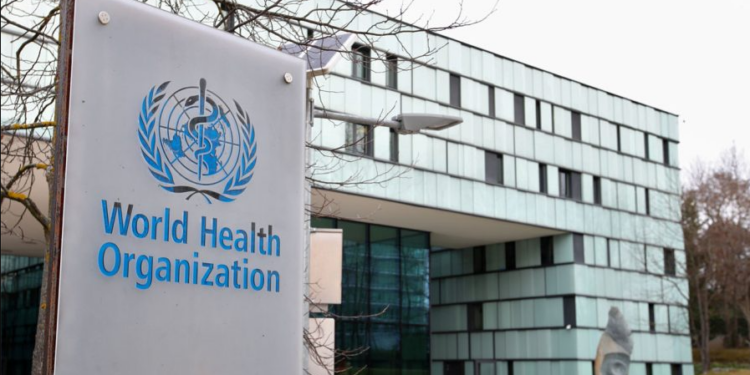The 4th leading cause of death worldwide is linked to “physical inactivity” according to the World Health Organisation (WHO).
With the increase in dependency on technology to perform basic and complex activities, our minds are strained more than our bodies.
The World Health Organisation released its mental health report titled Transforming Health for All 2022
The report shows that one in eight people are living with a mental illness. Depression and anxiety are the most common mental illnesses across genders and ages.
Insufficient physical activity is the fourth leading cause of death worldwide accounting for 3.2 million deaths yearly. About 1 in 4 adults is not physically active globally. Mental and physical health are both important factors for overall health.
Financial Impact of Mental Illness in Africa and Nigeria
- According to the World Economic Forum, an estimated 100 million people in Africa suffer clinical depression, including 66 million women.
- The World Bank considers it “the greatest thief of productive economic life”, with annual global costs from mental disorders estimated at $2.5 -$8.5 trillion. The figure is expected to double by the year 2030.
- Most African governments devote less than 1% of their budget to mental health services.
- According to the Lancet, Africa has 1.4 mental workers per 100,000 people as compared to the global average of 9 workers per 100,000 people.
- Only 15% of Nigerians living with mental illnesses can access mental healthcare services.
- Science Direct reports that 3.3-4% of the central government’s health budget goes to financing the mental health budget. 90% of this goes into the eight neuropsychiatric hospitals available in Nigeria.
- Mental disorders amongst Nigerians were found to cause a loss in earnings both on the individual and societal level.
- At the societal level, mental illnesses cause Nigeria a loss of $166.2. million every year.
For every woman who recovers from depression, four members of her household feel the benefits.
Physical inactivity and mental disorders in Africa and Nigeria
The 2022 Global Report on Food Crises estimated at least one in five Africans goes to bed hungry. Therefore, the productivity level of being physically active is greatly reduced.
There is limited progress in addressing food insecurity and nutrition crisis in northeast and northwest Nigeria.
There is a notable insecurity which prevents people from leaving their homes and limiting physical activities.
Northeastern states of Nigeria are still recovering from post insurgency with some areas still not completely secure and having a lot of internally displaced persons.
Natural disasters like floods which killed 45 people across Nigeria in October 2023 limit physical activities.
Technology has also contributed to physical inactivity. The two main contributors are screen time and sedentary working conditions.
How technology is responsible for a rise in physical activity
Studies suggest that there was a global rise in mental illnesses during the Covid 19 pandemic at a time when physical activity was at its lowest for most people and the use of technology was at an all-time high.
The prevalence of remote work and hybrid work, and the increased dependence on technology has contributed have led to a decline in physical activity in both adults and children.
Technology has contributed to sedentary working conditions which according to Dedoyin Ajayi leads to reduced outdoor play, impaired social skills, and passive content consumption where people just sit and absorb information without active participation.
Online learning has become more popular since the Covid 19 pandemic. Even though it has significant benefits, it has kept people in front of their screens and decreased physical activity.
E-commerce shops (online stores) have made it easier for people to shop from home thus taking away the need to go to physical stores thereby reducing physical activity.
Should technology be blamed?
Technology has substantial impact on mental health. The effects are diverse, encompassing addiction, mental problems caused from screen time and sleep disruptions.
Cyber bullying, fear of missing out, mental exhaustion, digital eye strain, anxiety and low self-esteem are some of the effects of technology on mental health.
Dedoyin Ajayi, a psychotherapist–said a decrease in physical activity is causing an “astronomical rise” in mental issues.
“This is because research has shown that daily physical activity, such as regular exercise, releases endorphins, which are natural mood lifters and reduce stress hormones. When physical activity declines, it automatically triggers a mental tension build up, prompting symptoms of depression, anxiety, and other mental disorders.”
While technology can encourage a more inactive lifestyle, it also has the potential to promote increased physical activity.
Technology that could promote physical activity includes health and fitness applications, wearable activity trackers, and interactive video games.























